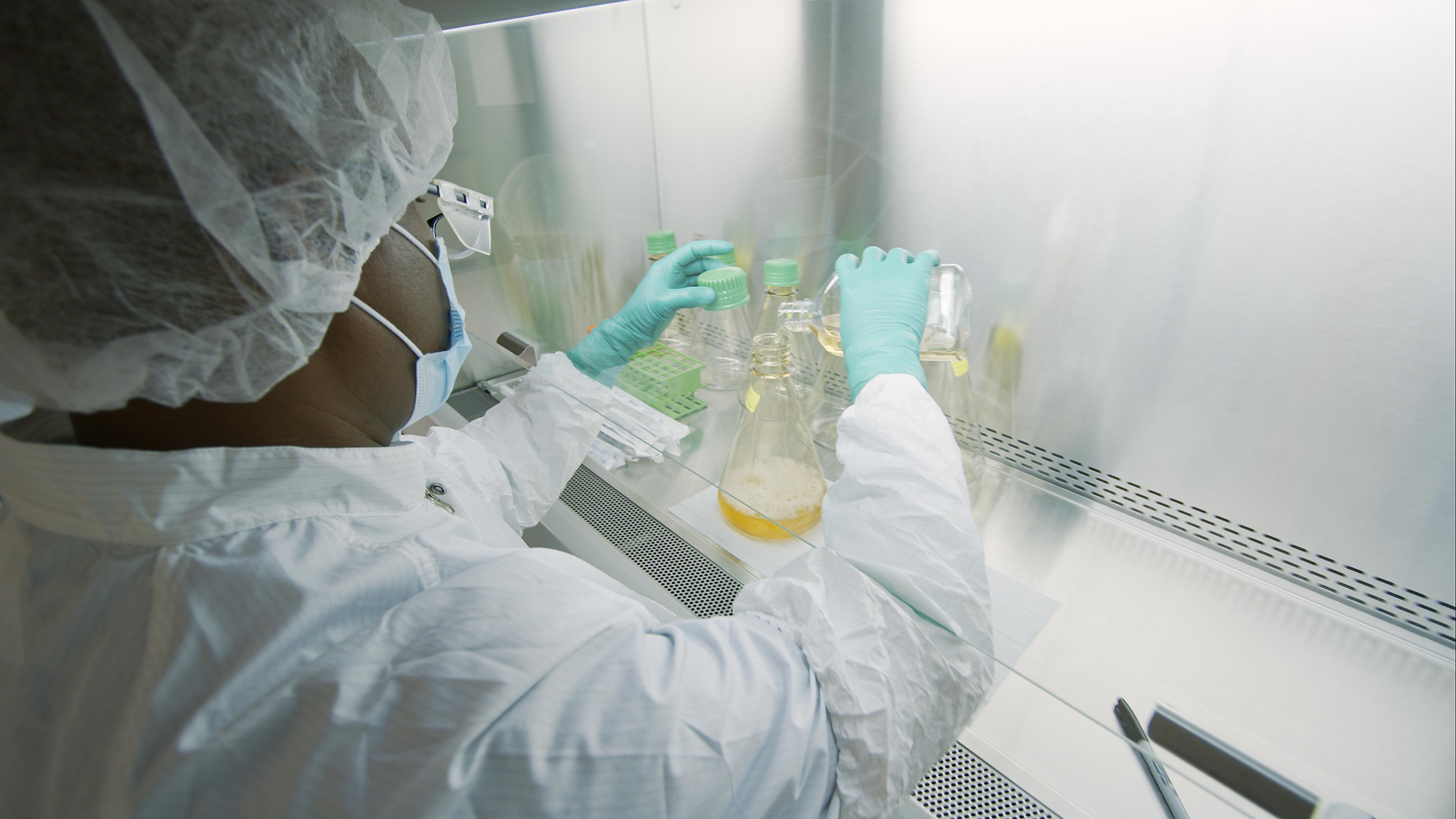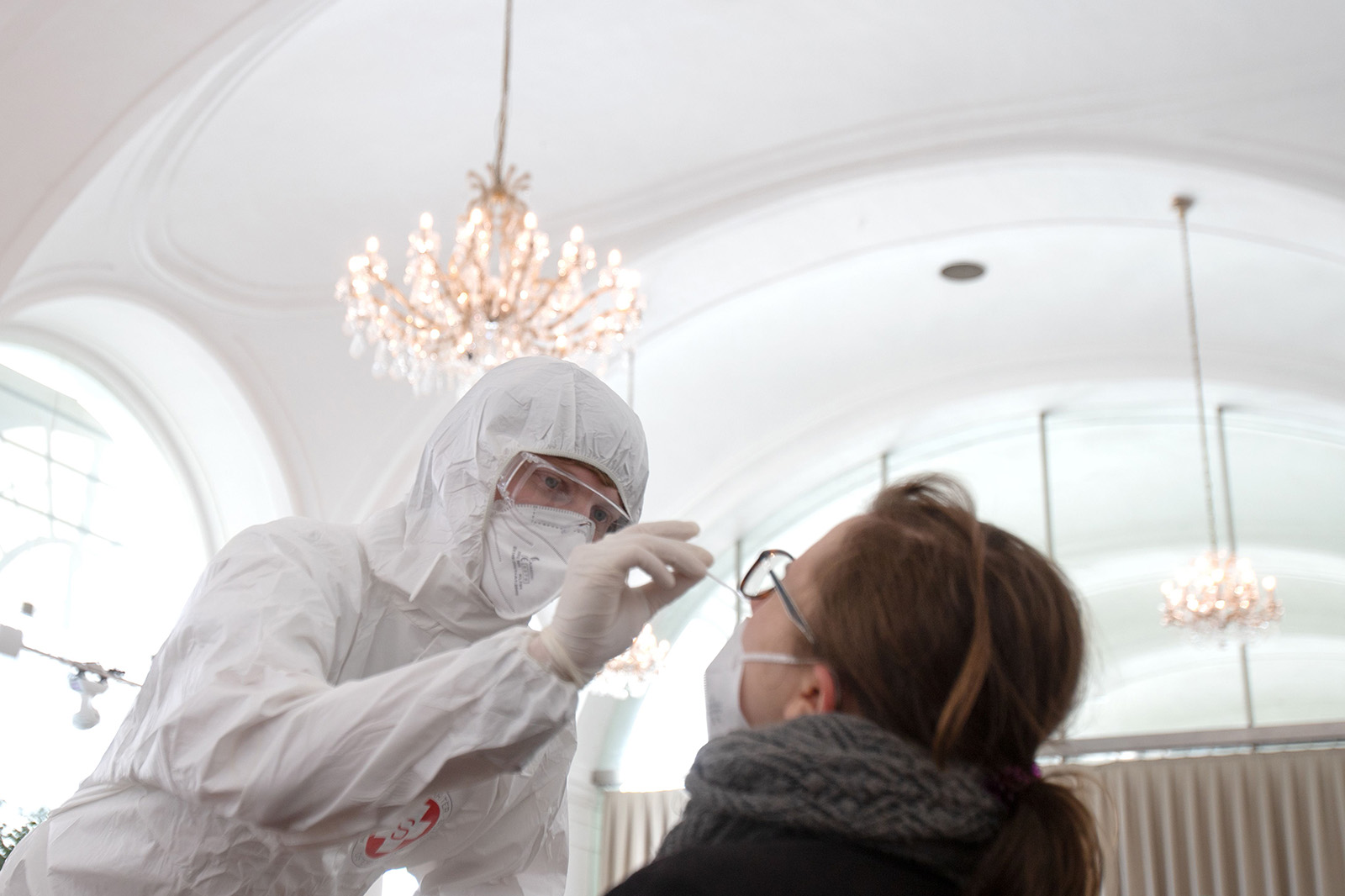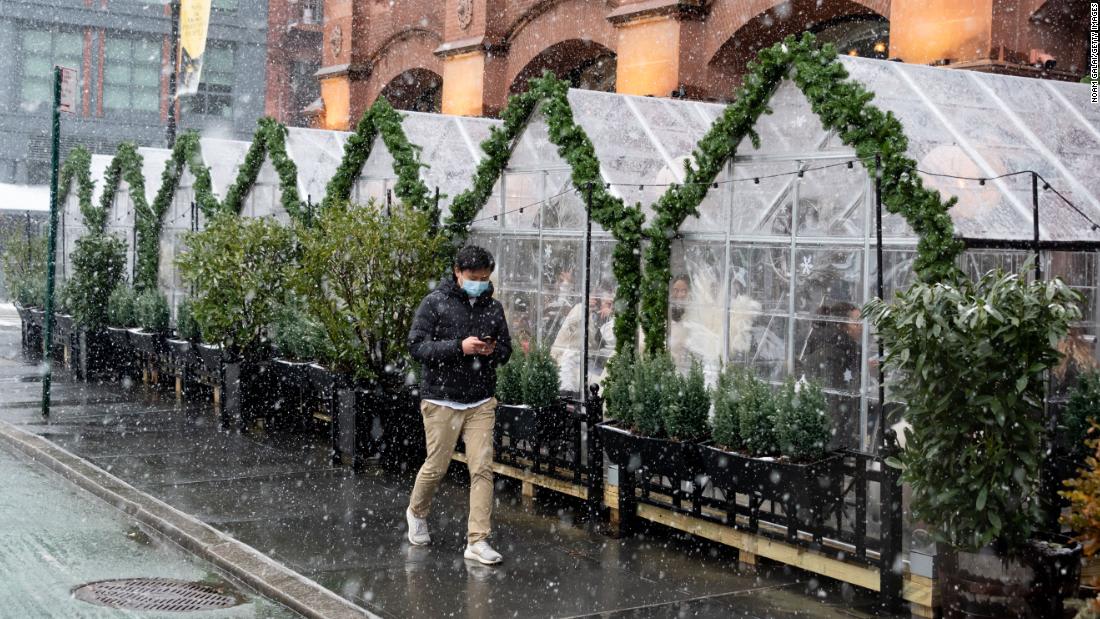The coronavirus variant B.1.1.7, which was first identified in the United Kingdom on September 20, has now been reported in 86 countries, the World Health Organization says.
In its weekly epidemiological update, WHO says the variant B.1.1.7 has shown an increase in transmissibility, and some evidence of increase in disease severity based on preliminary findings. As of February 7, an additional six countries have reported cases of this variant.
In the UK, for example, Covid-19 test samples of this strain increased from 63% in the week of December 14 to 90% in the week of January 18, WHO noted.
Other variants: Additionally, WHO has also been monitoring two additional coronavirus strains that are actively spreading: B.1.351, initially seen in South Africa, and the P.1 strain that was first identified in Brazil.
As of February 7, the B.1.351 strain has been reported in 44 countries , while the P.1 strain has been reported in 15 nations, WHO says.
Some context: Scientists are not surprised to see the coronavirus changing and evolving but they fear that a variant could mutate to the point that it causes more severe disease, bypasses the ability of tests to detect it or evades the protection provided by vaccination.
South Africa this week paused its rollout of the AstraZeneca Covid-19 vaccine after a study showed it offers less protection against the B.1.351 variant.






